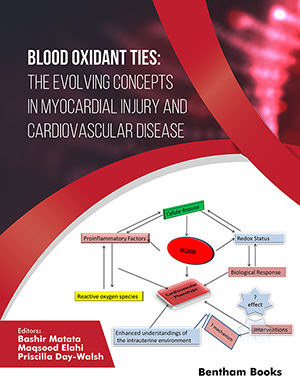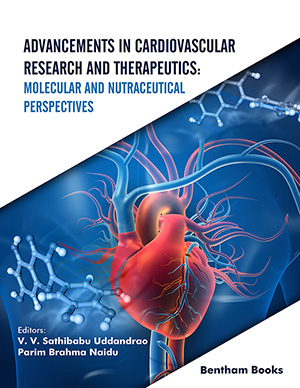Abstract
There is increasing evidence that not only the elevation of systolic and diastolic blood pressure (BP) but also the increase in BP variability (or fluctuation) are associated with hypertensive organ damages and the morbidity and mortality of cerebrovascular and cardiovascular events. However, the molecular mechanism whereby the increase in BP variability aggravates hypertensive organ damages remains unknown. Thus, we created a rat chronic model of a combination of hypertension and large BP variability by performing bilateral sino-aortic denervation in spontaneously hypertensive rat. A series of our studies using this model revealed that large BP variability induces chronic myocardial inflammation by activating local angiotensin II and mineralocorticoid receptor systems and thereby aggravates cardiac hypertrophy and myocardial fibrosis, leading to systolic dysfunction, in hypertensive hearts. In addition, large BP variability induces the aggravation of arteriolosclerotic changes and ischemic cortical fibrosis in hypertensive kidney via local angiotensin II system.
Keywords: Angiotensin II, cardiac hypertrophy, fibrosis, inflammation, mineralocorticoid receptor, statins.


















